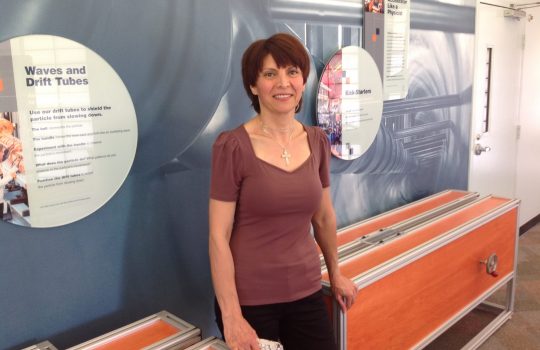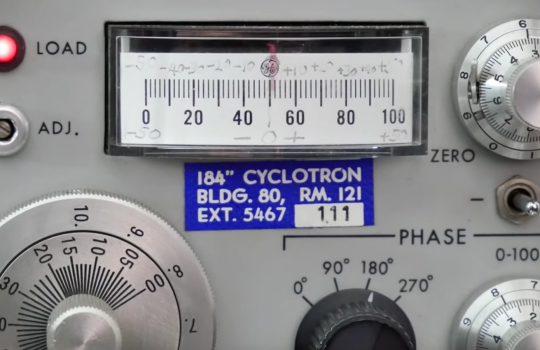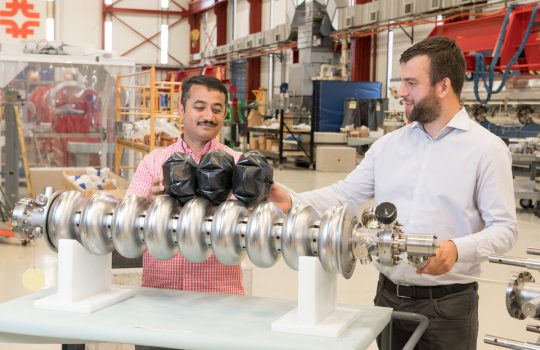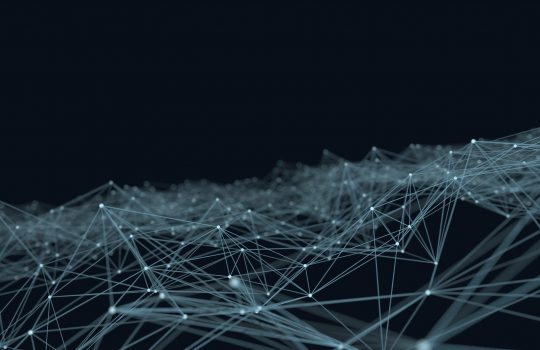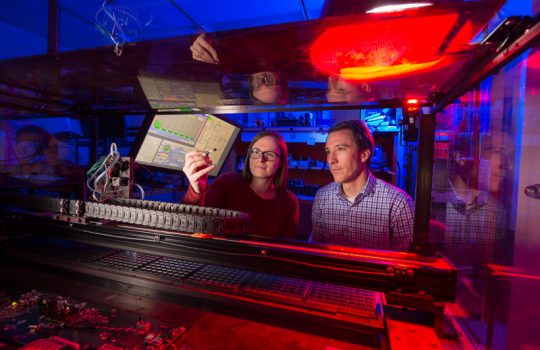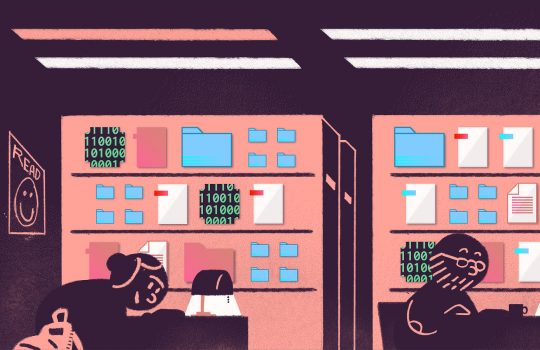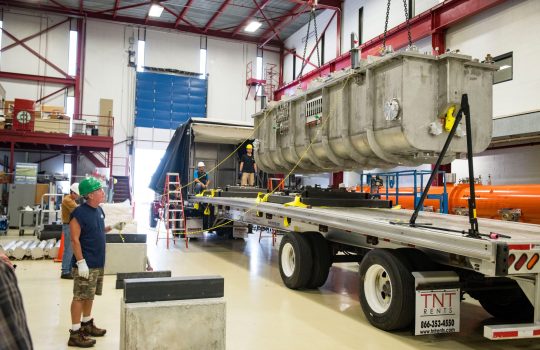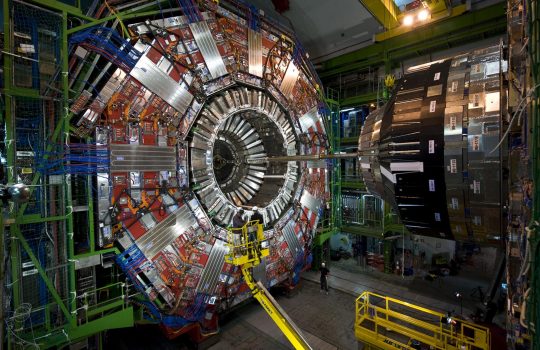One minute with Ketevan Akhobadze, Fermilab education facilities coordinator
Ketevan Akhobadze moved to Fermilab from the country of Georgia and found a new home. She now creates exhibits as a tool to introduce the public to the exciting science done at Fermilab.

